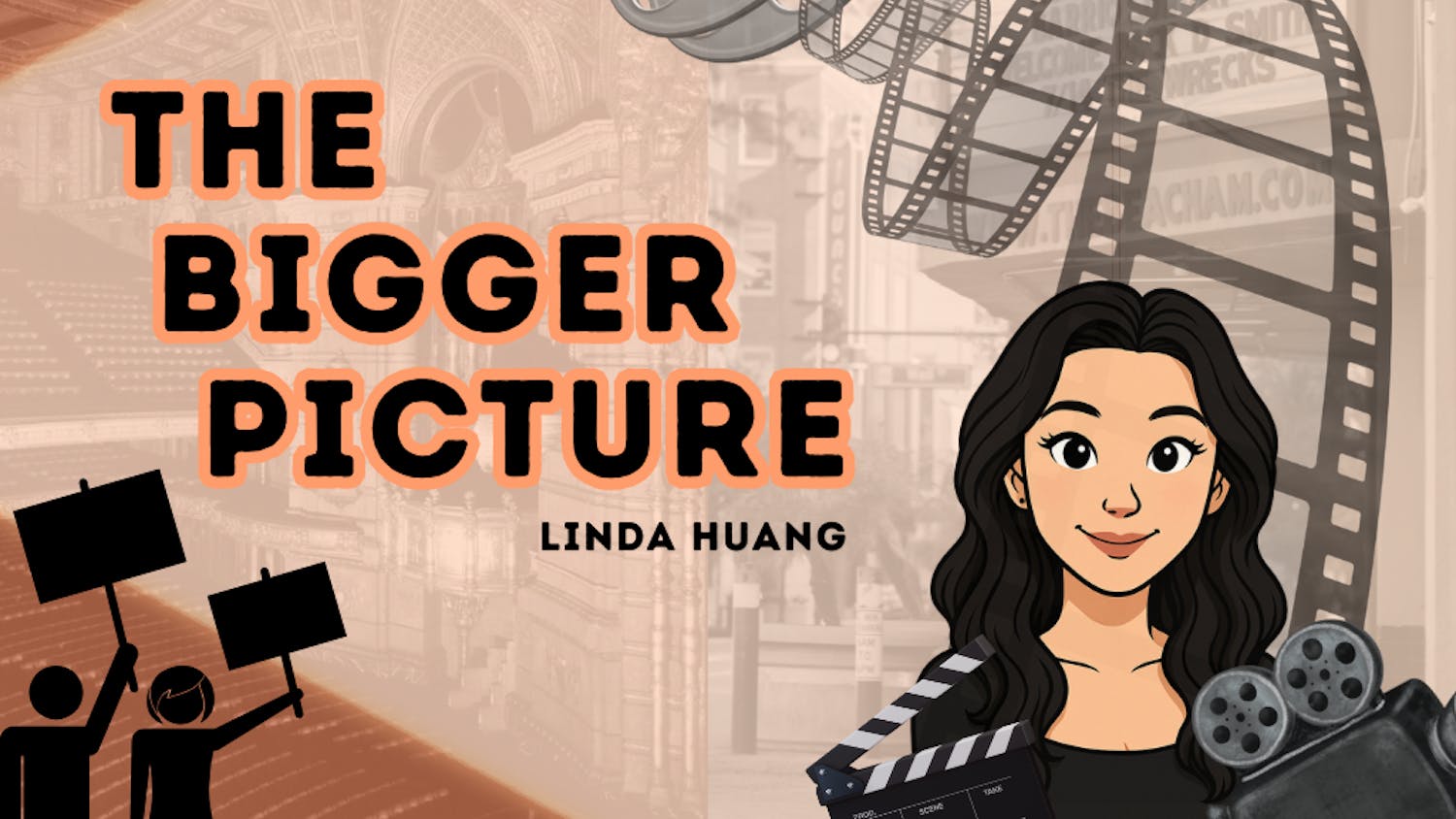The veins of Latin America have been drained for almost six centuries now. First, it was the European crowns of Spain and Portugal who happened to stumble upon our lands. With their flashy gadgets and their weapons of destruction they demolished our culture, attempted to eradicate our traditions, massacred our men and raped our women. After many generations of mestizos like me, our land finally expelled the white conquerors, just to have one hundred years of armed conflicts between ourselves; a society that has never known liberty was bound to turn on itself. The moment some sort of elusive peace arrived, the late 19th century also arrived, and with it came the imperialistic power of Western Europeans and North Americans, who used their technological advances, strong military forces and financial superiority to not only extract our resources but also to prevent us from any development or use of upright force. To this day, many developing countries are forced to adhere to the will of more developed governments who use their dystopian force to keep it that way, allowing their corporations to ravage our markets without having any care for our people or for our nature.
For many nations throughout history, including the current lords of the literary world, writing was mostly a form of prestigious art in pursuit of transcendence coming from those with a higher standard of living, or it came from the need for authors to talk about their individual experiences and suffering. However, in the Latin American world, literature and the use of the written language for the creation of something bigger than oneself, came off as a necessary communal reaction to the great suffering and oppression of our peoples and of our land. In an equal way, that shared retaliation to the place the world has given us is still very much present in contemporary times. From all of our countries, the communities give birth to special humans that take it upon themselves to grab the world around them and through prose/verse, shuffle what being Latine entails and reconstruct it in an ingenious manner that can crush a small metal rod into the reader’s soul while also providing a whole new understanding of our cultures and environments. They do all that while still pushing against all those who need the truth and the voice of our communities to stay hidden. And, the female writers have to push back even further due to the multitudinous conservative and extremely sexist values that were inserted into our people by the imposed religion and culture of our colonizers. That’s why this column had a purpose of highlighting those female writers that, with the weight of the world against them, rose to gain mastery of the word and produced meaningful transcendental pieces.
Nonetheless, it would be naive to believe that the demise of Latin America has a one-way causation. Multiple greedy elites and vicious individuals have either sided with the outside powers or taken advantage of the unstable situations of our societies for their personal benefit and thus, have furthered the suffering of our people. An example of this is the Chavez and Maduro dictatorial rule, each of whom have kept Venezuela in an extremely precarious condition for decades. But, even in their inhumane totalitarian governments, great female writers have risen to create beautiful and incendiary works. For that reason, in this final edition I would like to spotlight “El ciervo” (2019), the most recent collection of Venezuelan poet and author Yolanda Pantin. Pantin uses the verse to react to the many unfair elements that she faced in her life. She explores the dictatorship in Venezuela and the intersection between the construction of community and the self as a Latina woman.
To the readers of the Daily, thank you. I implore you to go beyond your own scope when choosing what you read. When looking at the not traditionally prestigious books of other cultures, you will be able to access uncountable amounts of knowledge about communities so different from your own that you won’t believe they live in the same world.
Para los jóvenes colombianes, nunca crean cuando les dicen que el pobre es pobre porque quiere, o que cualquier persona puede conseguir éxito y vivir una vida digna. El mundo al que fuimos traídos ha constantemente creado un sistema que los ha puesto como la mula de aquellos con poder y con dinero. Nuestra dignidad la alcanzaremos en el momento en que todos unidos luchemos por las vidas que nos corresponden como seres humanos.





